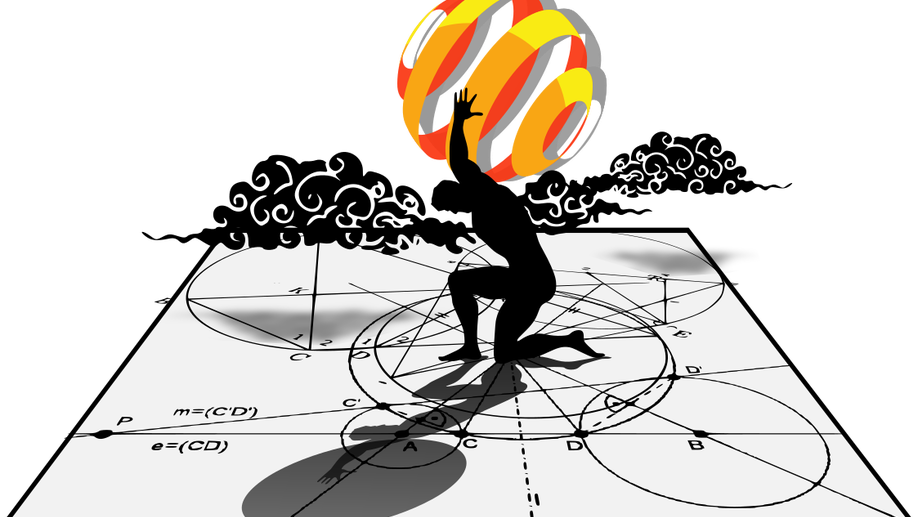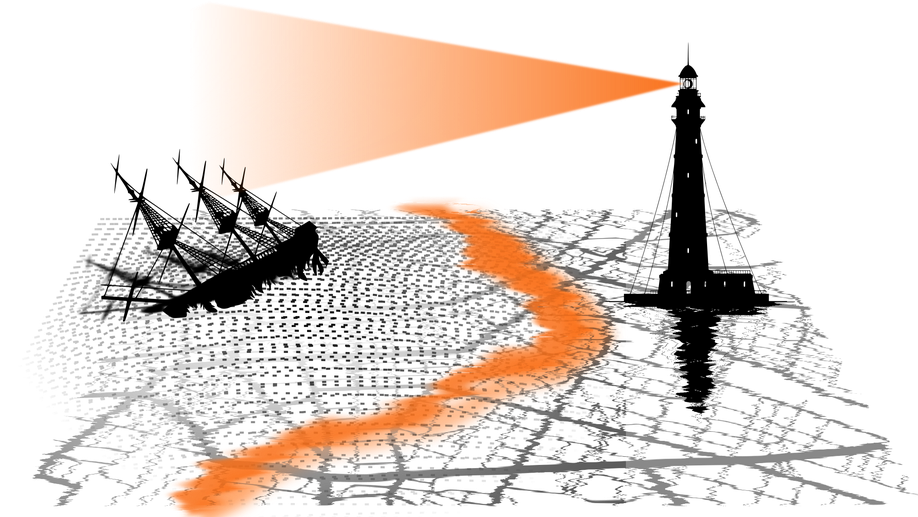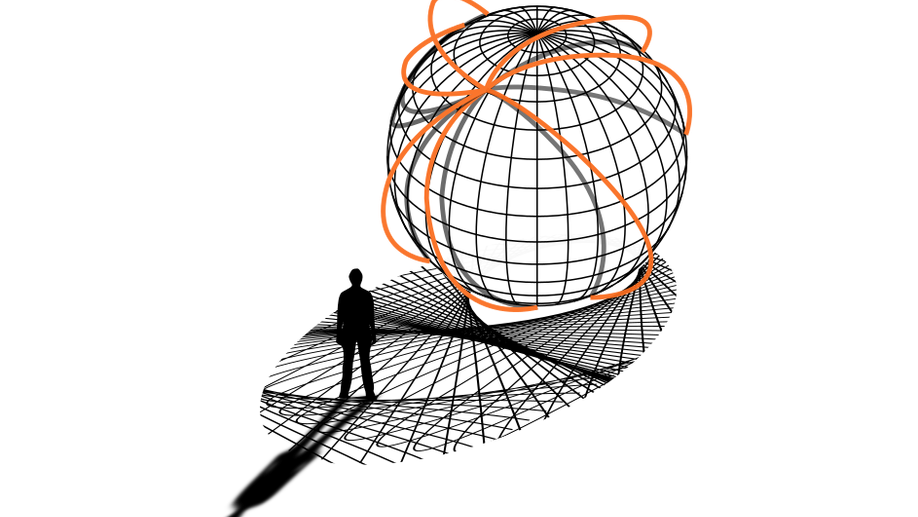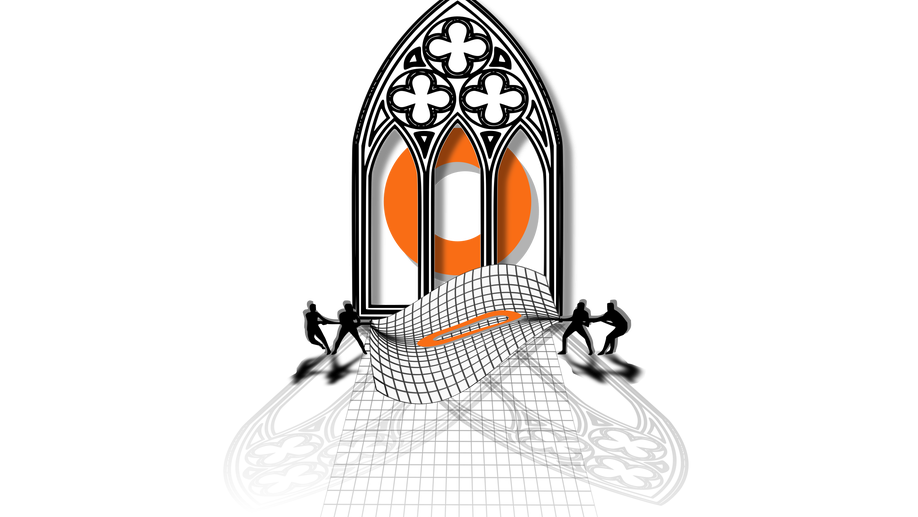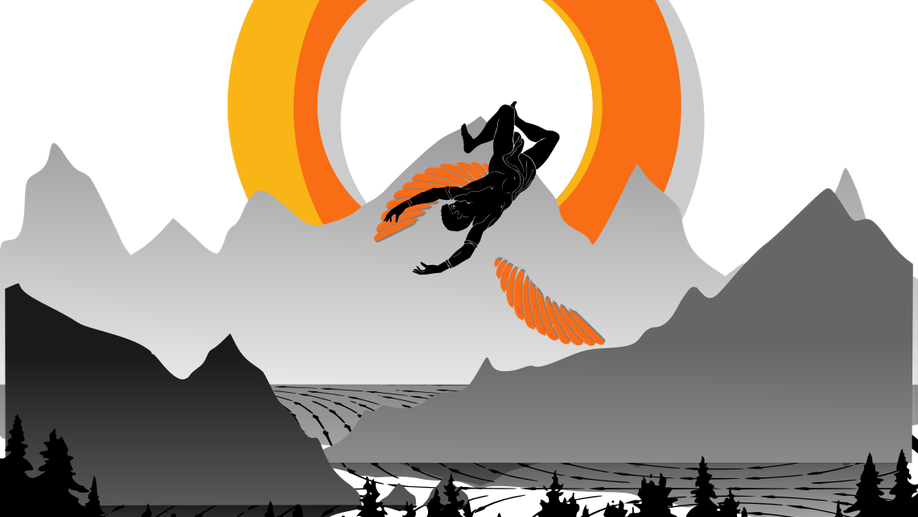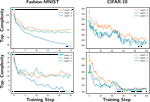António Leitão
Student
NOVA University
About
I’m a mathematician currently doing my Master’s thesis at ISI Foundation under the supervision of Giovanni Petri. My work focuses mainly on the Topology of spaces in learning systems.
I like to condense interesting parts of my work into over-illustrated, easily-digestible chunks.
Interests
- Topology
- Neural Networks
- Machine Learning
Education
MSc in Data Science, 2020
NOVA University, Lisbon
PstGrad in Cryptography, 2018
NOVA University, Lisbon
BSc in Mathematics, 2017
NOVA University, Lisbon
